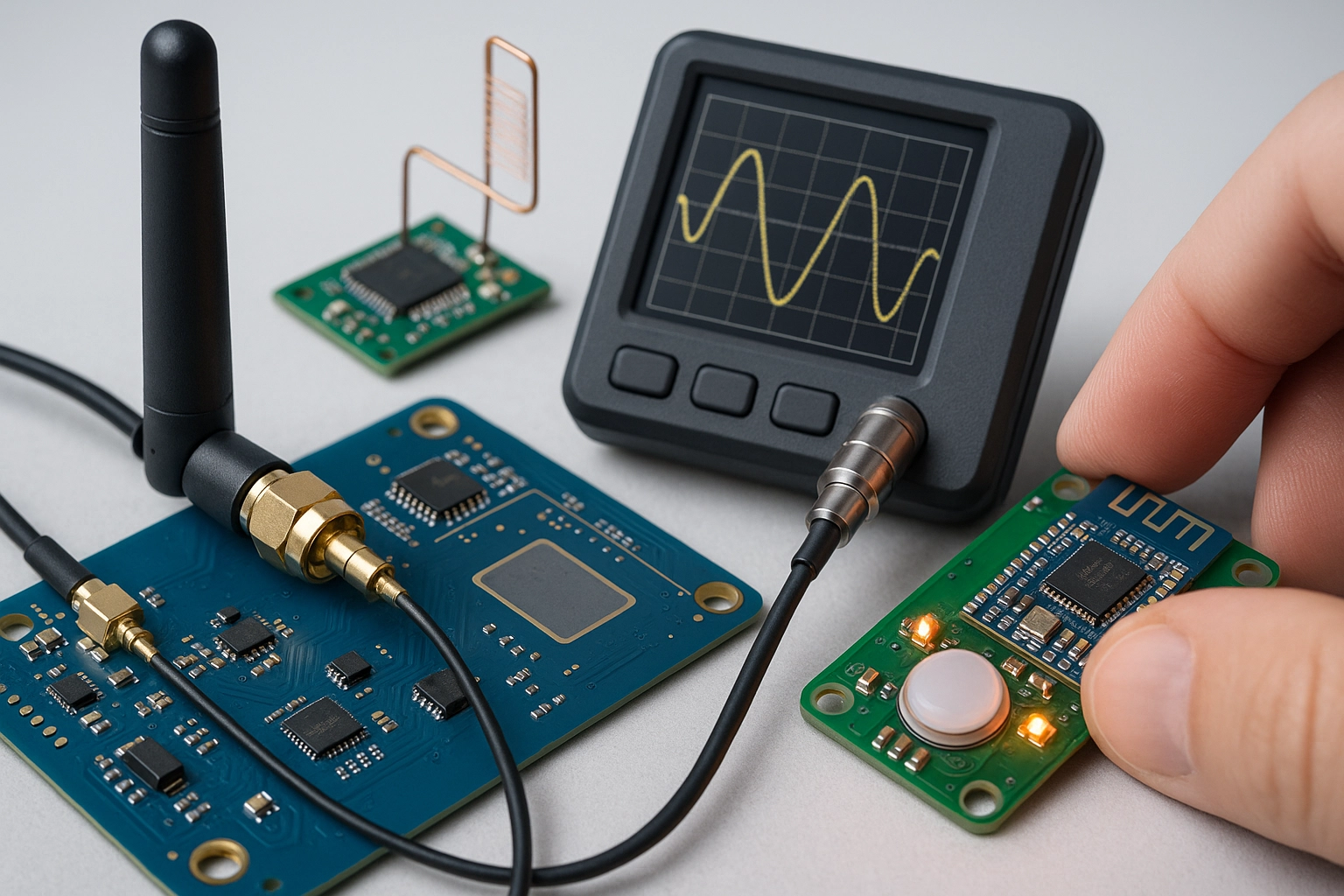GB T 34657 Wireless Charging Communication Test for Vehicles
The GB/T 34657-2017 standard has been established to ensure that wireless charging systems used in vehicles meet the required communication protocols and safety standards. This service is crucial for quality managers, compliance officers, R&D engineers, and procurement teams involved in the development and certification of automotive wireless charging solutions.
Wireless charging technology in vehicles has gained significant traction due to its convenience and efficiency. However, ensuring that these systems communicate accurately and securely with their surrounding infrastructure and other devices is essential for public safety, operational reliability, and regulatory compliance. The test outlined by GB/T 34657 provides a robust framework for verifying the communication capabilities of wireless charging systems.
The standard focuses on several key aspects: - Communication Protocols: Ensuring that the system adheres to defined protocols such as Qi (AirFuel), PMA, or A4WP. - Data Exchange: Verification of data transfer rates and error correction mechanisms. - Error Handling: Testing how systems handle communication errors and retries. - Security: Ensuring that the system is secure against unauthorized access and data breaches.
The testing process involves several stages, each designed to evaluate specific aspects of wireless charging communication: 1. Initial Connection Test: Evaluating the ability of two devices to establish a connection. 2. Data Transmission Test: Verifying that data can be successfully transmitted between the charger and the vehicle. 3. Error Handling Test: Assessing how the system responds to errors during transmission. 4. Security Check: Ensuring that all communications are encrypted and secure.
The testing equipment typically includes a wireless charging station, a compatible test vehicle, and specialized software for monitoring communication parameters. The specimen preparation involves ensuring that both the charger and the vehicle are in optimal condition to facilitate accurate testing results.
After the tests are conducted, detailed reports are generated. These reports provide comprehensive insights into the performance of the wireless charging system under various conditions. Compliance with GB/T 34657 is critical for manufacturers looking to meet regulatory requirements and ensure product quality.
The standards outlined in GB/T 34657 are aligned with international best practices, ensuring that the test results are internationally recognized and accepted. This alignment facilitates smoother trade and collaboration between different markets and stakeholders.
Eurolab Advantages
At Eurolab, we pride ourselves on providing top-tier services in automotive testing, including wireless charging communication tests that comply with GB/T 34657. Our advantages are numerous:
- Expertise: Our team of experts has extensive experience in the field of automotive testing and compliance.
- State-of-the-Art Facilities: We offer world-class testing facilities that meet all international standards.
- Comprehensive Services: We provide a full range of services, from initial consultation to final certification.
- Timely Delivery: Our fast turnaround times ensure that you can get your products to market quickly.
- Cost-Effective Solutions: We offer competitive pricing without compromising on quality.
We are committed to helping our clients succeed in the global automotive industry by ensuring their products meet all necessary standards and regulations. Contact us today to learn more about how we can assist you with your wireless charging communication tests.
Customer Impact and Satisfaction
The impact of GB/T 34657 compliance on our customers is significant. By ensuring that their products meet the required standards, manufacturers can:
- Avoid Legal Issues: Compliance with this standard helps avoid potential legal issues and penalties.
- Enhance Brand Reputation: Meeting international standards enhances brand reputation and consumer trust.
- Increase Market Access: Products that comply with GB/T 34657 are more likely to be accepted in the market, leading to increased sales.
- Ensure Quality: The tests conducted ensure high-quality products that meet customer expectations and safety requirements.
Satisfaction among our customers is a priority for us. We strive to provide exceptional service that exceeds their expectations. Our clients often report higher levels of satisfaction due to the accuracy and reliability of our test results, which are crucial in meeting market demands.
International Acceptance and Recognition
The GB/T 34657 standard is recognized internationally for its stringent requirements on wireless charging communication. This recognition ensures that products tested under this standard are accepted globally:
- Interoperability: Products conforming to this standard ensure interoperability across different regions and markets.
- Regulatory Compliance: The standard is widely accepted by regulatory bodies in various countries, simplifying the certification process.
- Market Access: Compliance with GB/T 34657 opens up market access to numerous international markets.
- Sustainability: The standard promotes sustainable practices in wireless charging technology.
The acceptance of products tested under this standard is not just limited to China but extends across the globe. This global recognition enhances the credibility and reputation of our customers, making it easier for them to penetrate international markets.





